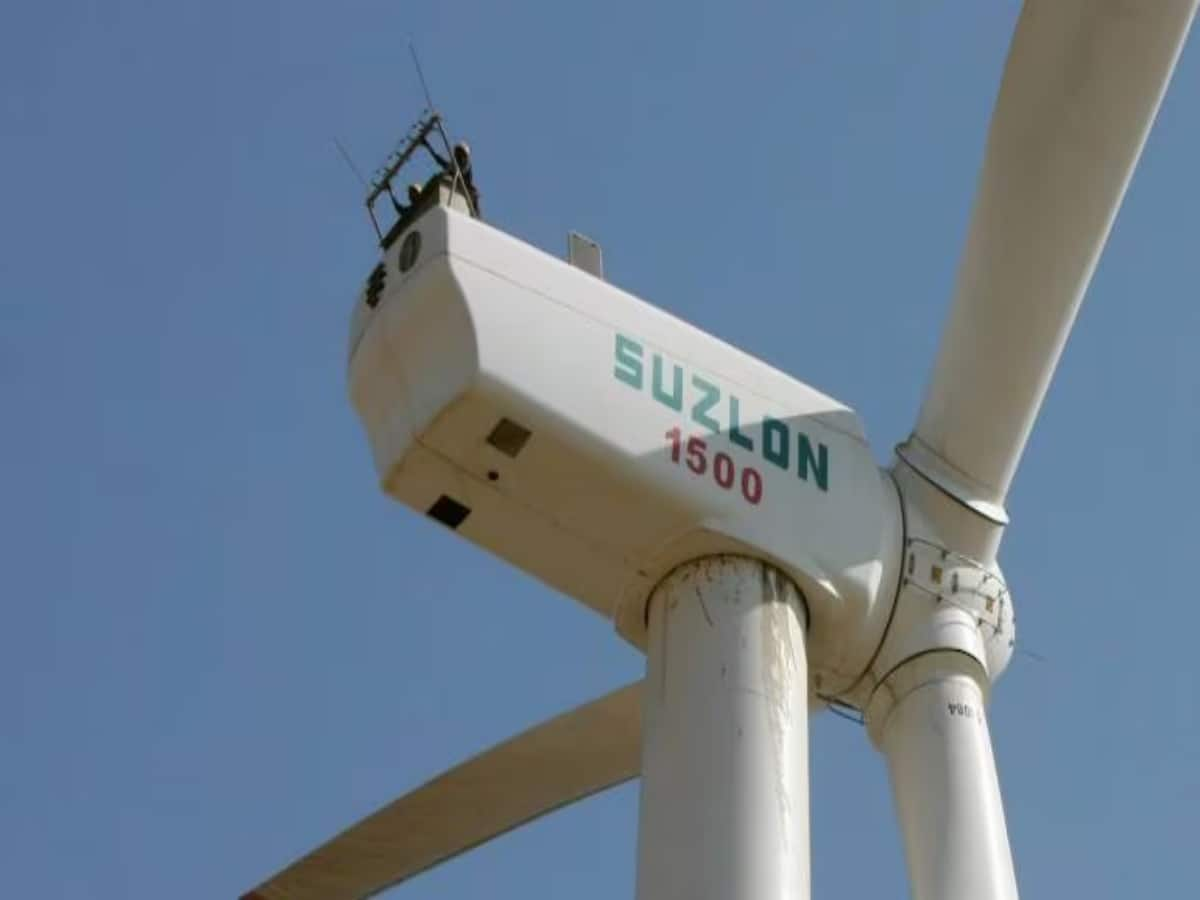Suzlon Energy, a leading player in the renewable energy sector, has recently come under scrutiny due to non-compliance with listing and necessary disclosure regulations (LODR). This oversight has resulted in the company receiving an official notice, drawing attention to its governance practices. Investors and stakeholders are now closely monitoring the implications of this situation on the company’s performance and reputation.
Impact on Suzlon Energy’s Stock Performance
On October 1st, the company’s shares witnessed a minor decline of 0.45%, closing at ₹79.73. This dip raises concerns among investors regarding the confidence in Suzlon Energy’s management and their ability to adhere to regulatory standards. It is crucial for companies in the renewable energy sector, like Suzlon, to maintain transparency and regulatory compliance to foster investor trust.
Market Capitalization Insights
As of the latest reports, Suzlon Energy holds a market capitalization of ₹1.08 lakh crore. This substantial valuation reflects the company’s strong position in the renewable energy market, yet it also highlights the potential vulnerabilities associated with regulatory compliance issues. Investors are encouraged to consider both the company’s market cap and its adherence to rules when making investment decisions.
Understanding Listing and Disclosure Regulations
The Listing Obligations and Disclosure Requirements (LODR) are essential regulations implemented by stock exchanges to ensure that listed companies maintain a standard of transparency. These rules are designed to protect investors by ensuring that they receive timely and accurate information about a company’s operations and financial status. Non-compliance can lead to serious ramifications, including sanctions and a loss of investor confidence.
The Future of Suzlon Energy
As Suzlon Energy navigates this regulatory challenge, the company’s management must prioritize improving their compliance protocols and reinforcing investor trust. Future performance will likely depend on their ability to address these issues promptly and effectively. The renewable energy sector is rapidly evolving, and adherence to regulations will be critical for long-term sustainability and growth.
Conclusion
The recent notice issued to Suzlon Energy serves as a reminder of the importance of compliance in the business landscape. Investors are advised to stay informed about the company’s responses and strategies to enhance transparency and governance. As the market for renewable energy continues to grow, companies like Suzlon Energy must demonstrate their commitment to ethical practices to attract and retain investment.
